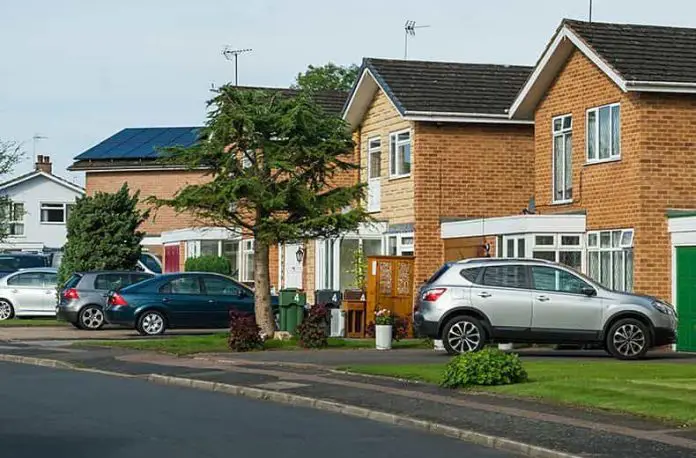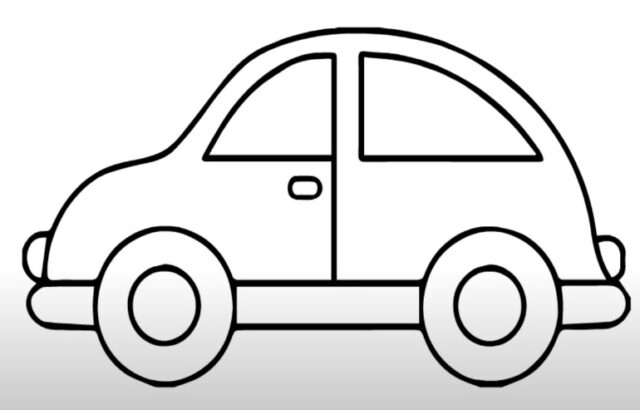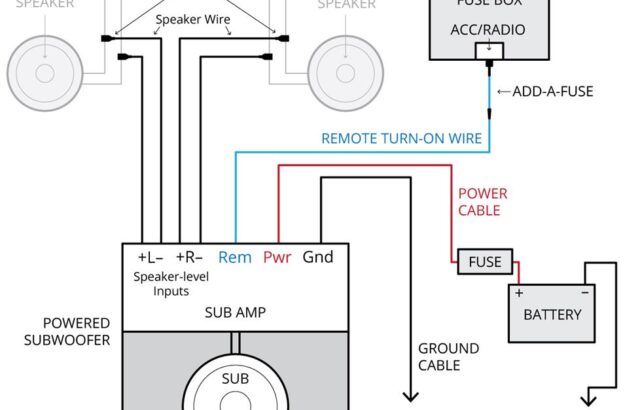
Parking regulations on residential streets are crucial in maintaining order and ensuring smooth traffic flow. As a responsible driver, it is essential to understand and adhere to these regulations to avoid unnecessary fines and penalties. This article will delve into the various aspects of parking on residential streets, including the duration limitations, common restrictions, exceptions, and consequences of violating these regulations.
Understanding Local Parking Laws and Regulations
Parking laws and regulations can vary from jurisdiction to jurisdiction, so you must familiarize yourself with the specific regulations applicable in your area. Local authorities set these rules to address the unique parking needs of residential areas. Some cities may allow parking for extended periods, while others may impose stricter limitations.
Parking on residential streets is usually permitted for a limited duration. This duration typically ranges from a few hours to a maximum of 24 hours. Identifying and familiarizing yourself with the specific time limits applicable in your locality is crucial. These regulations are implemented to ensure that parking spaces are available for all residents and prevent vehicles from being left unattended for extended periods.
Common Restrictions on Parking Duration
To maintain a fair and equitable distribution of parking spaces, many residential areas impose common restrictions on parking duration. These restrictions prevent people from monopolizing parking spaces for extended periods and ensure ample parking is available for all residents.
One common restriction is the time-limited parking zone. In such zones, vehicles can only be parked for a specified duration, typically 1 to 4 hours. This limitation encourages turnover and allows multiple people to utilize the available parking spaces throughout the day. It is important to check for any signage or markings indicating the duration allowed for parking in such zones.
Another common restriction is the overnight parking ban. Some residential areas prohibit parking on the street during certain hours of the night, usually to facilitate street cleaning or snow removal. This restriction ensures that the streets remain clear and accessible for maintenance purposes. Violating the overnight parking ban can result in fines or even towing of the vehicle.
Exceptions and Permits for Extended Parking
While there are limitations on parking duration in most residential areas, exceptions and permits may be available for those who require extended parking. These exceptions are typically granted for specific circumstances, such as guests staying overnight or individuals with disabilities.
Many cities offer residential parking permits that allow residents to park their vehicles on the street for longer durations. The local authorities usually issue these permits and require proof of residency. They are especially useful in areas with limited street parking, as they provide residents with priority access to available parking spaces.
Individuals with disabilities may also be eligible for extended parking privileges. In many jurisdictions, disabled parking permits allow individuals with disabilities to park in designated spaces for an extended period without violating any regulations. These permits are granted upon application and require appropriate documentation to prove eligibility.
Consequences of Violating Parking Regulations
Violating parking regulations on residential streets can have various consequences, ranging from fines and penalties to having your vehicle towed. It is important to understand the potential repercussions to avoid any unnecessary inconvenience or financial burden.
In most cases, parking violations result in fines that must be paid within a specified period. The fine amount can vary depending on the severity of the violation and the local regulations in place. Failure to pay the fine within the given timeframe can lead to further penalties or even the immobilization or impounding of your vehicle.
Severe or repeated violations may result in your vehicle being towed. This can be a significant inconvenience, as retrieving the vehicle from the impound lot often involves additional fees. It is important to note that towing fees can be quite substantial, and the responsibility for these fees lies with the vehicle owner.
How to Report Abandoned or Illegally Parked Vehicles
If you come across an abandoned or illegally parked vehicle on a residential street, it is important to report it to the appropriate authorities. Abandoned vehicles create an eyesore, pose a safety hazard, and disrupt traffic flow.
Contact your local law enforcement or parking authority to report an abandoned or illegally parked vehicle. Provide them with the vehicle’s location, a description of the vehicle, and any other relevant details. Authorities will investigate the situation and take appropriate action, including towing the vehicle if necessary.
My Opinion
Understanding and adhering to parking regulations on residential streets is essential for maintaining order and ensuring all residents’ fair access to parking spaces. Familiarize yourself with the specific regulations in your area, including the duration limitations and common restrictions. Remember to obtain any necessary permits if you require extended parking. By following these regulations, you can avoid fines, penalties, and other inconveniences associated with parking violations. Let’s be responsible drivers and contribute to creating a harmonious and organized parking environment in our residential areas.

I am an Automotive specialist. I graduated from Michigan with Bachelor in Automotive Engineering and Management. Also, I hold degrees in Electrical and Automation Engineering (BEng), Automatic and Industrial Electronic Engineering, and Automotive Technology. I have worked at General Motors Company for over five years as the Marketing Operations Production Coordinator. Now, I own my garage in Miami, Florida. I love cars and love to share everything about them with my readers. I am the founder of the Automotiveex blog, where I share everything about automotive, like car news, car mechanical issues, and anything else that comes up in my blog posts.









